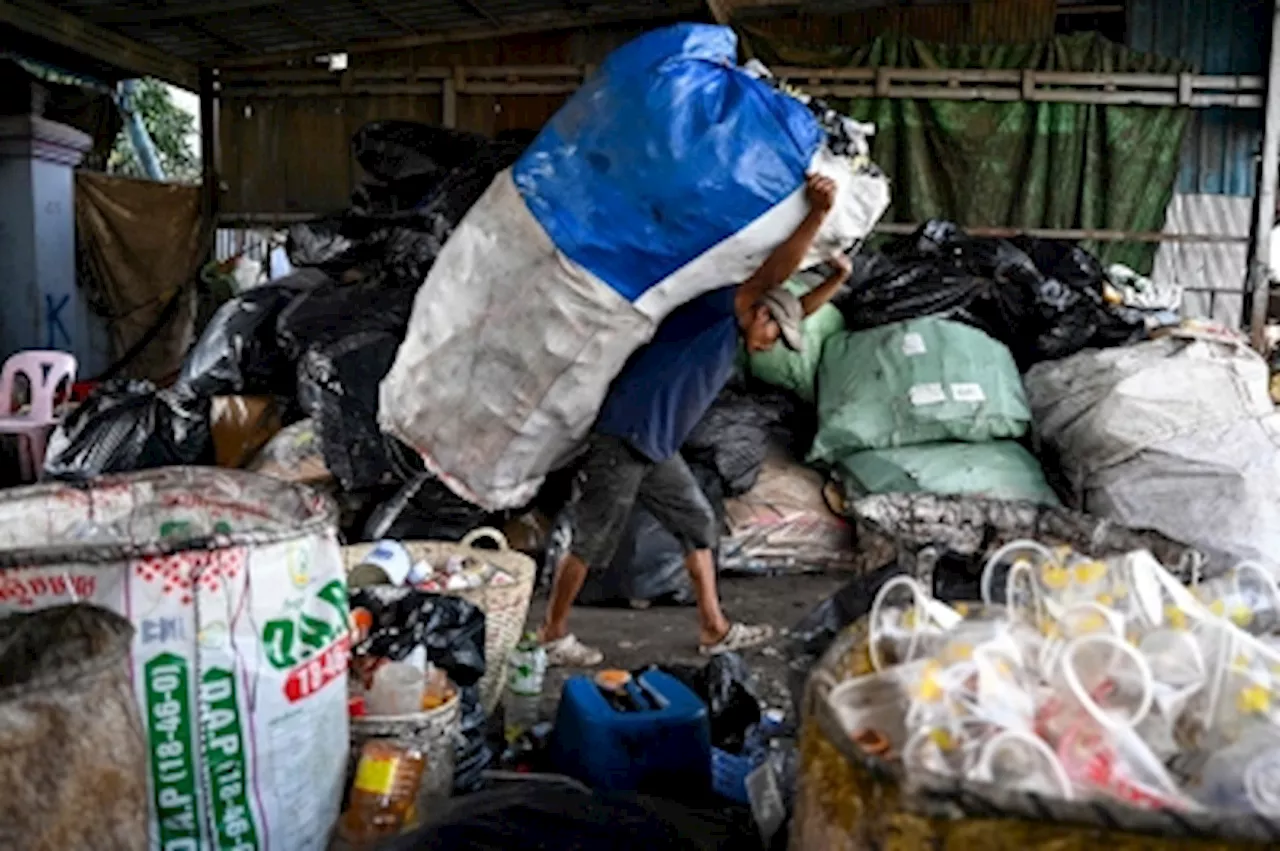The plastic credits market is booming, but an investigation reveals its reliance on polluting cement kilns to burn plastic waste. While intended to combat plastic pollution, the system lacks accountability and raises concerns about environmental and health risks, particularly in developing countries.
Twice a day, sirens sound at Cambodia’s Chip Mong Insee cement kiln, warning limestone will soon be blasted from the karst mountain that overlooks the sprawling industrial site. White smoke billows from its silver chimney, visible only at night against the dark sky, and dust coats much of the surrounding area, where residents complain of persistent respiratory illnesses that arrived along with the kiln.
The plant might seem an unlikely poster child for the fight against plastic pollution, but cement kilns are central to the burgeoning plastic credits sector, where buyers pay for the collection and disposal of plastic waste. Credits are meant to tackle the scourge of plastic pollution and boost the supply of recycled plastic. But they place no obligations on buyers to stop producing or using unrecyclable plastic that ends up in the environment. And an investigation by AFP and SourceMaterial shows the sector relies heavily on the polluting cement industry to burn collected plastic waste as alternative fuel, despite concerns about health risks and carbon emissions. This technique, known as co-processing, may send toxic chemicals into surrounding communities, often in countries least equipped to monitor and deal with the problem. “The burden... is borne by the community, and the benefit is borne by those companies,” said Miriam Rotkin-Ellman, a public health scientist.Around the Chip Mong Insee kiln, half a dozen local residents all describe the same health problems. “We’re often coughing,” said Pheara, who like all those in the area asked to be identified only by a first name. “Before when we got sick, we’d take a bit of medicine, but now we have to take multiple rounds and even change doctors to get better.”“I don’t want to live here because it’s so dusty,” she said.There is little debate about the problem of plastic pollution — at least 22 million tonnes flowed into the environment in 2019, according to the OECD. Worst affected are developing countries with limited waste management, like Cambodia, where plastic clogs streets, fields and streams.They are generated by projects that collect and process waste, usually one tonne per credit. Buyers might then claim that tonne to “offset” or cancel out part of their plastic footprint, or to demonstrate environmental action.Self-appointed auditors certify credits based on various standards with little government oversight. Buyers include subsidiaries of Colgate-Palmolive, PepsiCo and Mondelez, and while the market is still small, BloombergNEF projects revenue could reach US$4.2 billion by 2050.It’s a “lazy, lazy solution,” said Piotr Barczak, circular economy programme manager for ACEN Foundation.Companies that offer and certify credits acknowledge that buyers aren’t obligated to change.“You start to hit a break-even point, where the economic incentive (is) to take more action,” said Sebastian DiGrande, CEO of leading credit registry PCX Markets.The sector relies heavily on co-processing, where plastic replaces coal in cement kilns and some leftover ash is used in cement production. An analysis by AFP and SourceMaterial of four major credit marketplaces found only around a quarter of credits issued were for projects that recycle.That is partly because so much plastic waste is unrecyclable. However, co-processing also offers the cement industry, which accounts for around eight per cent of global emissions, the rare chance to boast of “circular” credentials. While co-processing is regulated and monitored in developed countries, oversight elsewhere is often limited, according to Jorge Emmanuel, a specialist on environmental and health issues at Silliman University in the Philippines. “Often you might even have laws in the books, but they can be completely meaningless since they are not enforced,” he said. “Nobody is really monitoring emissions,” he added, and testing for dioxins at co-processing plants is vanishingly rare because of cost.Cement kilns operate at high temperatures that should avoid releasing persistent organic pollutants like cancer-linked dioxins and PFAS or “forever chemicals.” However, Emmanuel warned that there are windows when dioxins are produced, including when temperatures fluctuate during start-up or cool-down, or as mixed fuel is fed in.“When you introduce waste.
Plastic Pollution Plastic Credits Cement Industry Co-Processing Environmental Impact Health Risks
United States Latest News, United States Headlines
Similar News:You can also read news stories similar to this one that we have collected from other news sources.
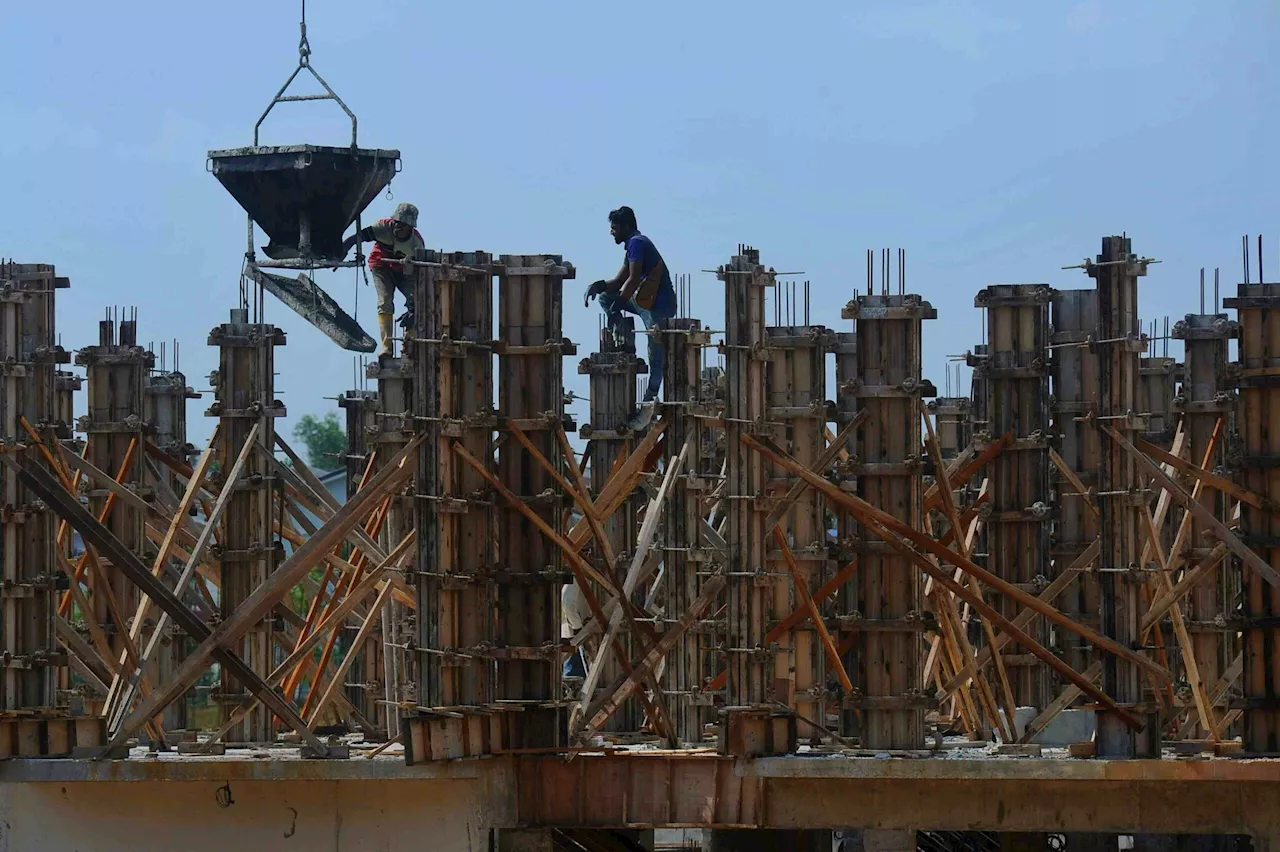 Construction Material Prices in Malaysia: Cement Gains While Steel Dips in January 2025The Malaysian construction sector witnessed contrasting price trends for cement and steel in January 2025. Cement prices rose, while steel prices declined. The report provides a detailed analysis of price fluctuations across regions and building categories.
Construction Material Prices in Malaysia: Cement Gains While Steel Dips in January 2025The Malaysian construction sector witnessed contrasting price trends for cement and steel in January 2025. Cement prices rose, while steel prices declined. The report provides a detailed analysis of price fluctuations across regions and building categories.
Read more »
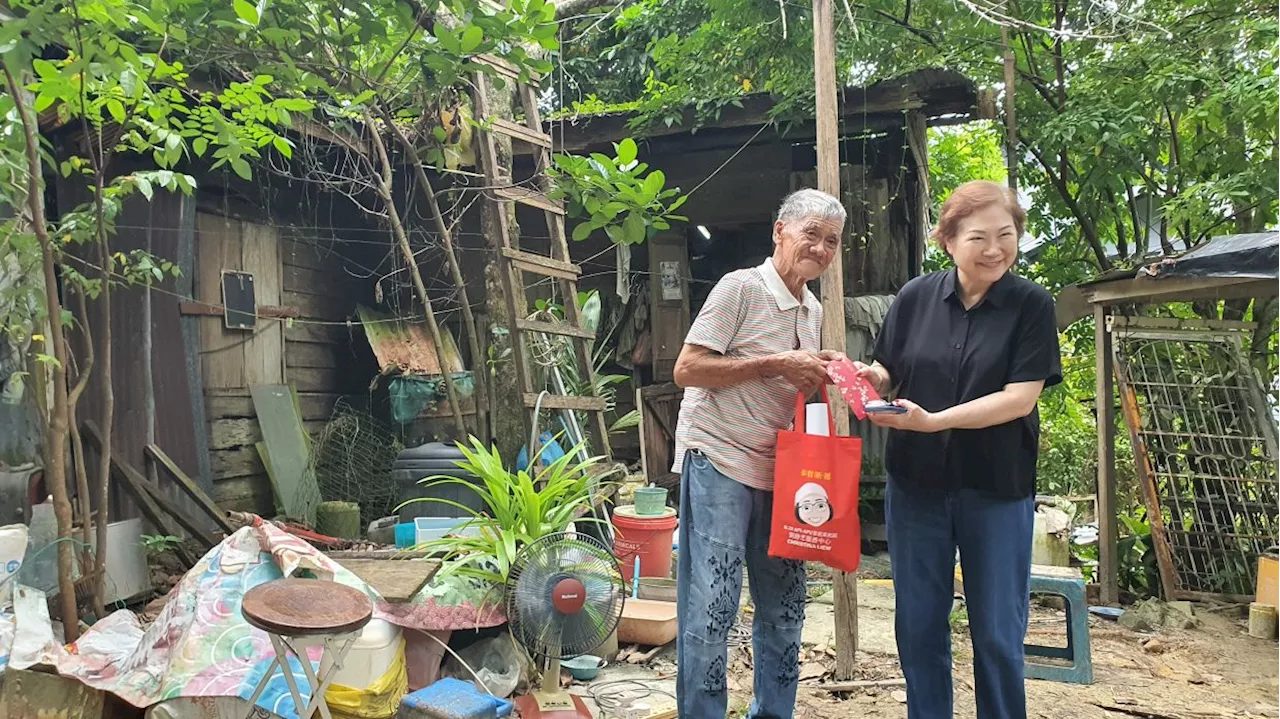 Sabah Aims to Cement its Position as Global Tourism Hub in 2025Sabah's Tourism, Culture, and Environment Minister Datuk Seri Christina Liew announced ambitious plans for 2025, building on the state's strong tourism success in 2024. Key growth drivers include MICE tourism and cruise tourism, with 19 cruise ships scheduled to dock at KK Port. The minister expects significant economic benefits for Sabah's tourism sector, which has already recovered to 75% of pre-pandemic levels.
Sabah Aims to Cement its Position as Global Tourism Hub in 2025Sabah's Tourism, Culture, and Environment Minister Datuk Seri Christina Liew announced ambitious plans for 2025, building on the state's strong tourism success in 2024. Key growth drivers include MICE tourism and cruise tourism, with 19 cruise ships scheduled to dock at KK Port. The minister expects significant economic benefits for Sabah's tourism sector, which has already recovered to 75% of pre-pandemic levels.
Read more »
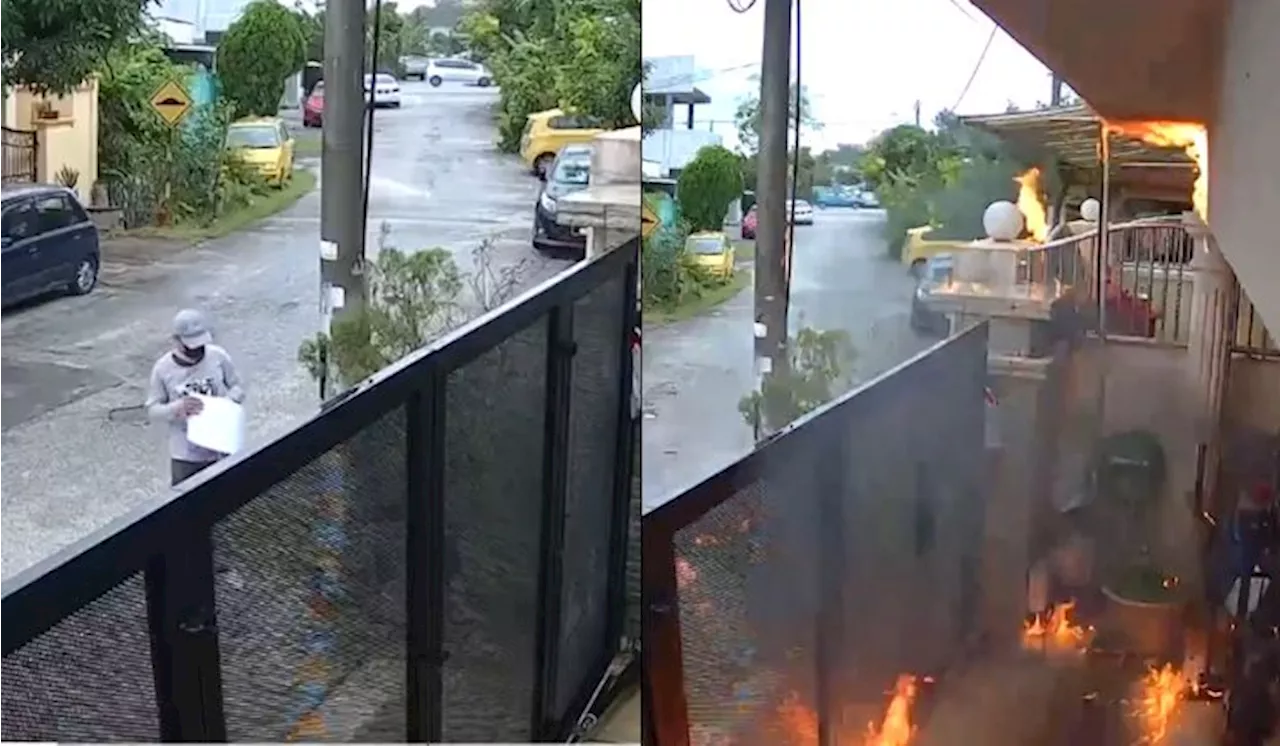 Ah Long Burn Down House in Revenge, After Borrower's Son DiedA house was recently set ablaze in Desa Jaya, Kepong by an individual believed to be an ah long. This incident occurred after the son of the house owners, who were believed to be the parents of the ah long's borrower, died under mysterious circumstances. The perpetrator was caught on CCTV footage throwing a Molotov cocktail into the house before leaving the scene while recording the fire. Public outrage has ensued, criticizing the government's lack of action against the rampant issue of ah long.
Ah Long Burn Down House in Revenge, After Borrower's Son DiedA house was recently set ablaze in Desa Jaya, Kepong by an individual believed to be an ah long. This incident occurred after the son of the house owners, who were believed to be the parents of the ah long's borrower, died under mysterious circumstances. The perpetrator was caught on CCTV footage throwing a Molotov cocktail into the house before leaving the scene while recording the fire. Public outrage has ensued, criticizing the government's lack of action against the rampant issue of ah long.
Read more »
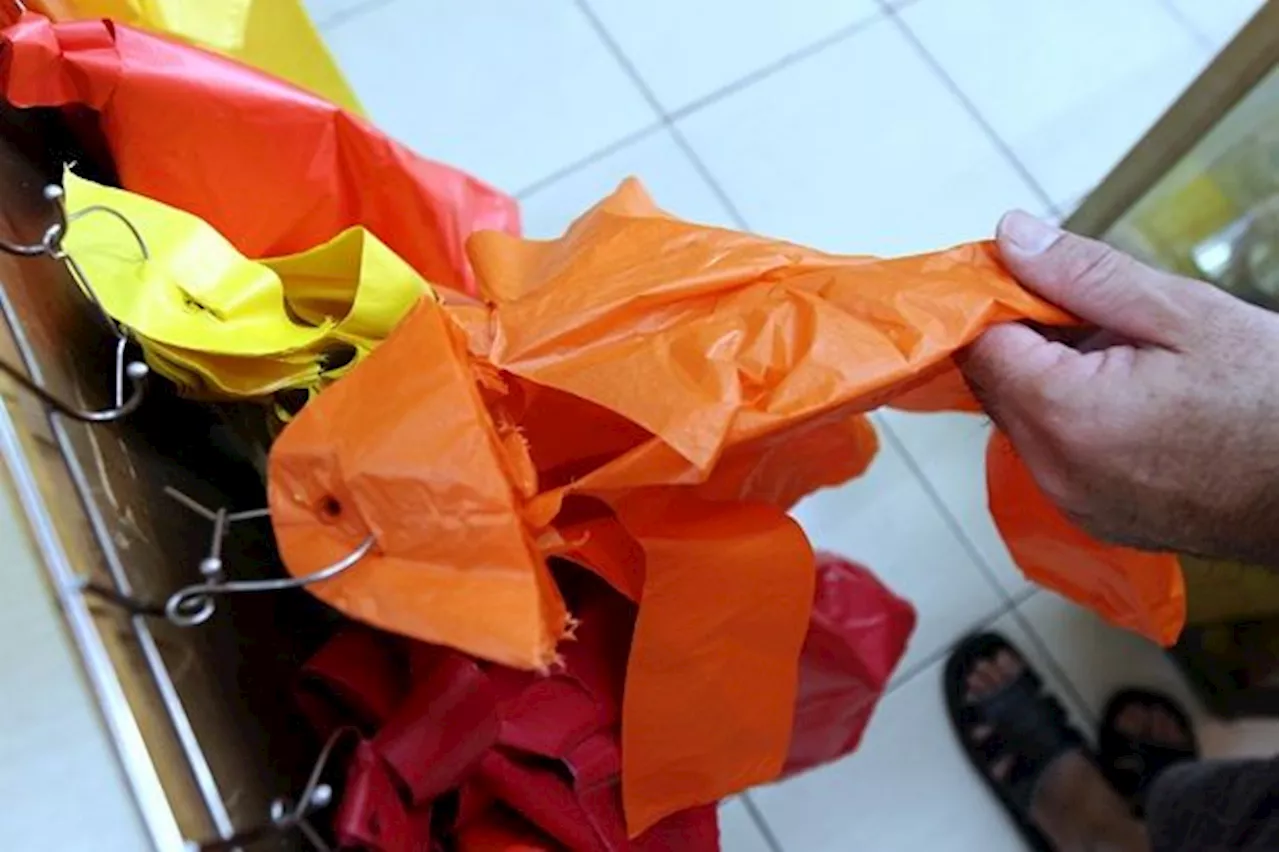 Malaysia still committed towards zero disposable plastic productsLenovo Malaysia general manager Varinderjit Singh hopes that users will embrace AI's potential with the new product line-up.
Malaysia still committed towards zero disposable plastic productsLenovo Malaysia general manager Varinderjit Singh hopes that users will embrace AI's potential with the new product line-up.
Read more »
 Nara Park's 'Beautiful Deer' Team Battles Plastic Pollution Threatening WildlifeIn Japan's picturesque Nara Park, a dedicated team of litter-pickers known as 'Beautiful Deer' are working tirelessly to combat the growing problem of plastic waste that poses a serious threat to the park's resident deer. The team, primarily composed of individuals with disabilities, patrols the park, collecting discarded plastic items that can accumulate in the deer's stomachs, leading to weakness and death. While tourists are encouraged to feed the deer special rice crackers, the influx of visitors has resulted in an increase in litter, prompting authorities to implement innovative solutions like solar-powered trash bins.
Nara Park's 'Beautiful Deer' Team Battles Plastic Pollution Threatening WildlifeIn Japan's picturesque Nara Park, a dedicated team of litter-pickers known as 'Beautiful Deer' are working tirelessly to combat the growing problem of plastic waste that poses a serious threat to the park's resident deer. The team, primarily composed of individuals with disabilities, patrols the park, collecting discarded plastic items that can accumulate in the deer's stomachs, leading to weakness and death. While tourists are encouraged to feed the deer special rice crackers, the influx of visitors has resulted in an increase in litter, prompting authorities to implement innovative solutions like solar-powered trash bins.
Read more »
 Gov’t considers national law to tackle plastic waste pollutionThe government is considering introducing national-level legislation under the 13th Malaysia Plan (13MP) to tackle plastic waste pollution.
Gov’t considers national law to tackle plastic waste pollutionThe government is considering introducing national-level legislation under the 13th Malaysia Plan (13MP) to tackle plastic waste pollution.
Read more »
